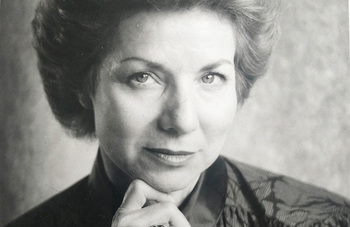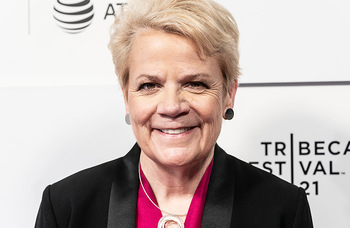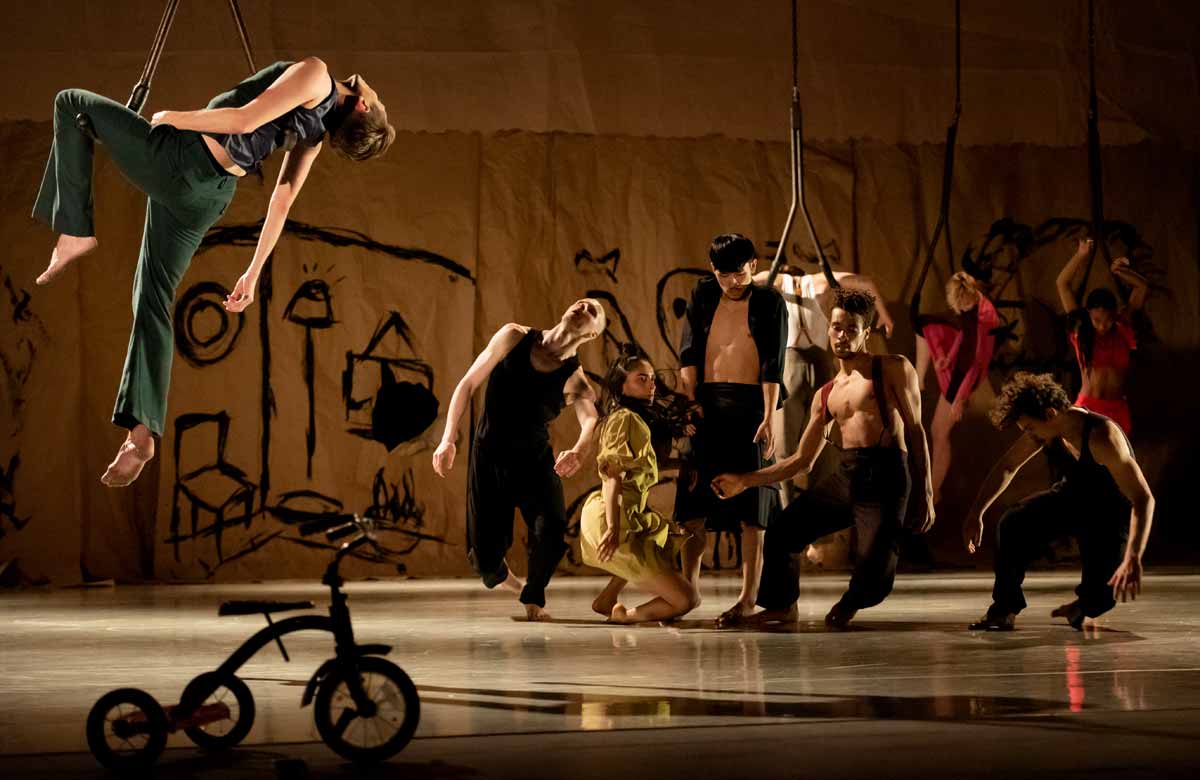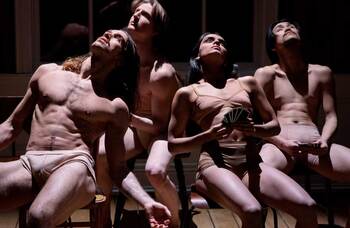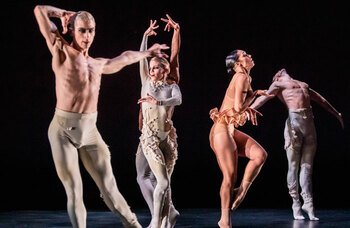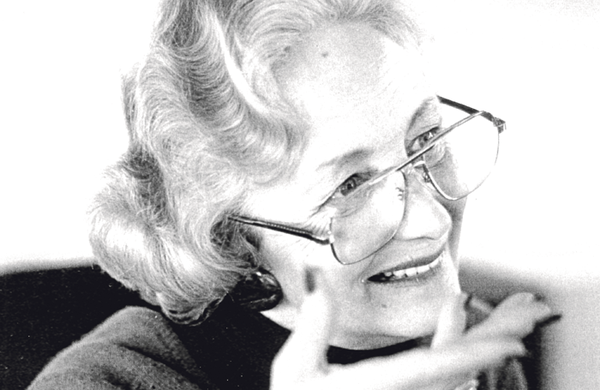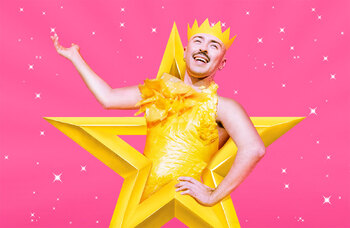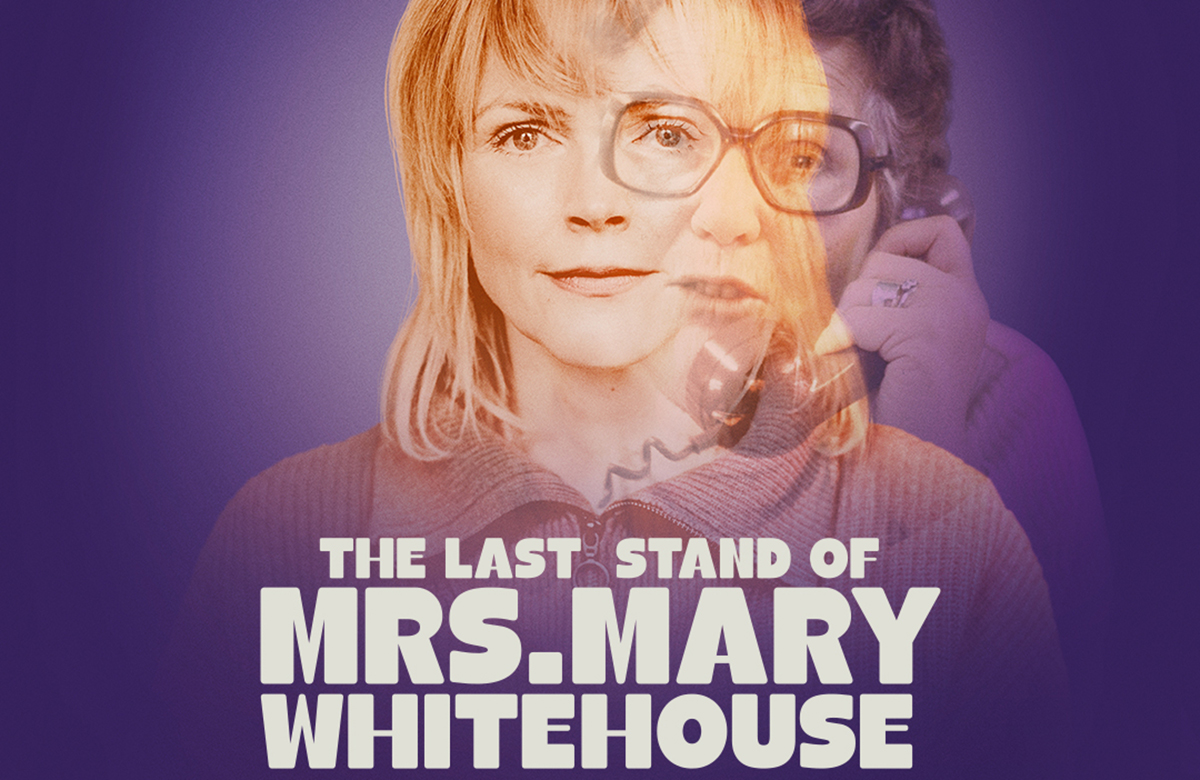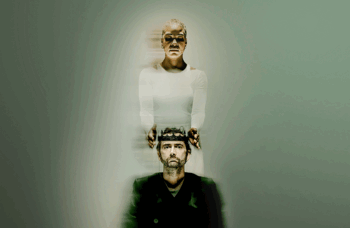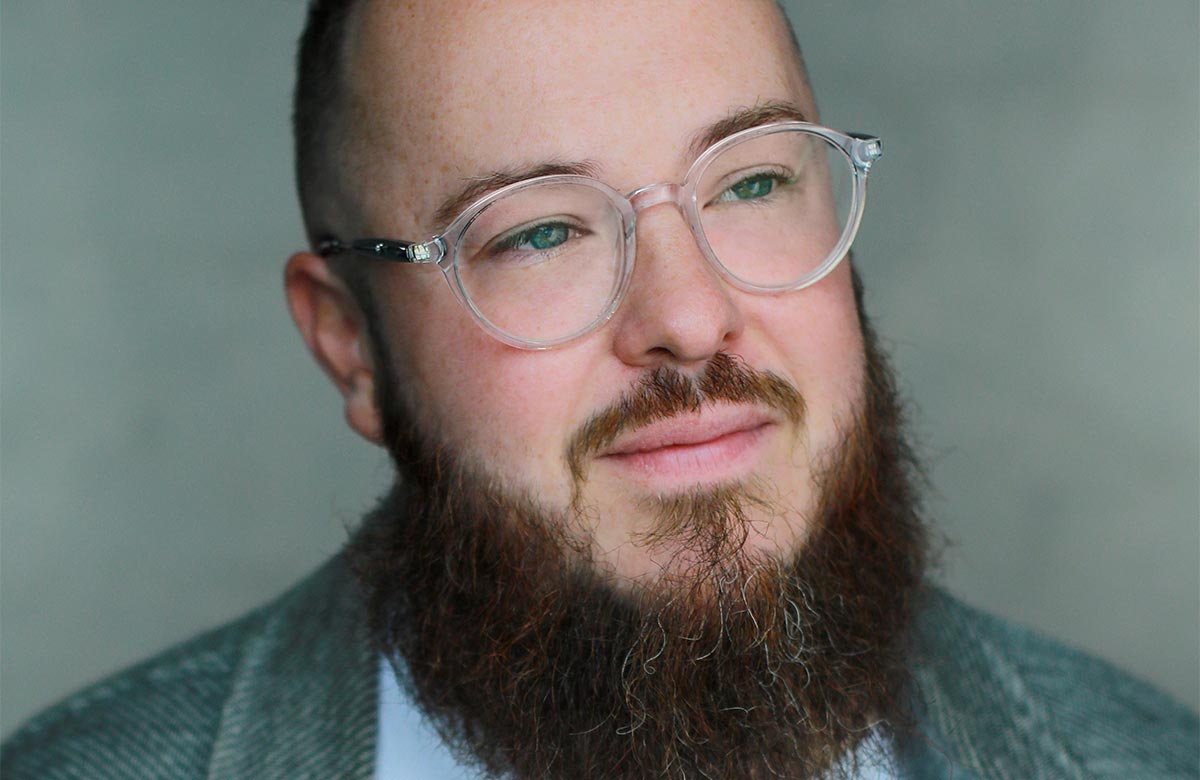Dance must overcome ‘condescending’ attitude to female choreographers
Dance leaders have called for a “shift change” within the industry to improve career opportunities for female choreographers.
A panel of industry figures discussing the state of play for female choreographers in the UK criticised the lack of women creating “high profile” work.
Founder of 2Faced Dance Company Tamsin Fitzgerald described the dance industry as a “vertical pathway that’s very hard to climb” for women. She said that despite women running more publicly-funded dance organisations in the UK than men, women lead smaller scale companies, while men are more dominant in larger organisations.
“We have received far less public profiling, far less opportunity to show our work outside the small scale and far fewer offers to upscale our work and be commissioned,” Fitzgerald said.
She added: “We need to not be scared to talk about these issues, we need to publicly raise our profile and we need to get male choreographers also to talk about these issues. We need to encourage a shift change within the industry – for venues to look at their programming, for companies for look at who they are commissioning.”
Fitzgerald was speaking as part of a debate held by contemporary dance company Rambert.
The company’s artistic director Mark Baldwin also emphasised the importance of embracing equality at all levels, adding that programmers should be paying attention to the gender make-up of the artists they work with.
“I want Rambert to be a company which is diverse in its choices of choreographers. Programming work by women and choreographers of ethnic backgrounds plays a role. It is about embracing diversity,” he said.
Choreographer Shobana Jeyasingh, who established her company in 1988, said that “condescension and a lack of credibility” stand more in the way of female and ethnically diverse choreographers than outright discrimination.
She also called on companies to bring issues of equality into board and leadership meetings.
“Wouldn’t it be wonderful if at least the organisations which are funded by the public purse were to have these topics on their agenda,” she told an audience at Rambert’s headquarters on London’s South Bank.
The panel discussion, called How do we level the playing field for female choreographers?, also featured the Southbank Centre’s senior programmer for performance and dance Rupert Thomson and Rambert dancer and choreographer Patricia Okenwa.
Okenwa is currently creating her first work for the company and highlighted the importance of how women define their work.
“I guess I never looked at my work and my contribution as feminine or of a specific ethnicity but the more exposure I receive the stronger I feel that I am being looked at through a specific lens,” she said.
Charlotte Vincent, artistic director of Vincent Dance Company, called for more support for parents within dance, through financially supporting childcare, offering creche facilities and accepting shorter working hours for choreographers and dancers with care responsibilities.
“In order to change the dance ecology we have to change society first. Our dance ecology and community mirrors the inequality we find across society,” she said.
The panel, which was chaired by Guardian dance critic Judith Mackrell, also featured choreographer Didy Veldman, Brendan Keaney, who is artistic director and chief executive of Dance East, and Rambert associate artist Peggy Olislaegers.
Production News
Production News
Most Read
Across The Stage this weekYour subscription helps ensure our journalism can continue
Invest in The Stage today with a subscription starting at just £7.99

